We’re excited to introduce you to the always interesting and insightful Sophia Jin. We hope you’ll enjoy our conversation with Sophia below.
Sophia, so great to be with you and I think a lot of folks are going to benefit from hearing your story and lessons and wisdom. Imposter Syndrome is something that we know how words to describe, but it’s something that has held people back forever and so we’re really interested to hear about your story and how you overcame imposter syndrome.
Imposter syndrome comes and goes. It’s definitely still something that I have to tackle quite often, especially when working with artists with much more experience than myself. Now that I’m graduating, and working a lot more with industry professionals at different stages of their careers, I have to remind myself that everyone starts from somewhere, and what is even more special is that there are people who have chosen to give me a chance. A chance to perform and a chance to work with these professionals; someone must think I’m good enough, right? For example, I was singing at a chamber music festival recently, and I was working alongside different professionals who have been in the industry a few years longer than I have. Being the youngest, in age and experience, definitely left me feeling a little like a fish out of water, but I soon came to realise that everyone there is a professional, myself included. I wasn’t looked down on, I wasn’t treated like I knew nothing. In fact, I was treated as an equal. Very quickly, I found myself working with these people and joking around and forming partnerships and bonds. We are, after all, all human.
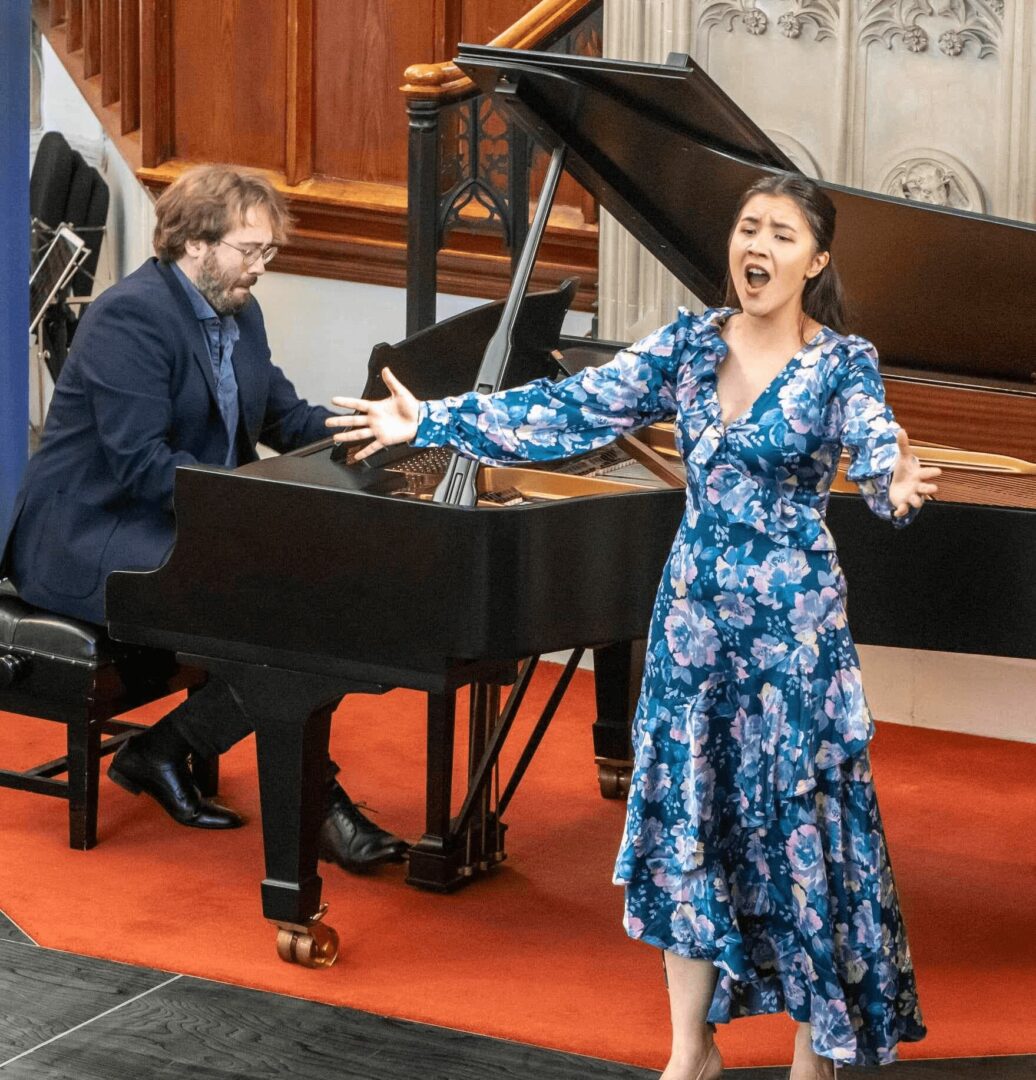
Appreciate the insights and wisdom. Before we dig deeper and ask you about the skills that matter and more, maybe you can tell our readers about yourself?
So I myself am a classical musician. I sing, I play violin, I play piano. The reality of being a musician, especially one that’s just graduated, is not very glorious. If you are exceptionally talented and well connected (this is probably more important than the talented part), then you’re set for life. If you, however, do not have the connections for whatever reason, it is nigh on impossible to break into the industry. I’m quite early in my career, which is incredibly exciting! I’m shamelessly plugging myself to anyone and everyone who will listen, endlessly emailing and auditioning. That’s really the only way you can do anything.
Now stepping aside from the logistical things you have to deal with in the music industry, you have the amazing collaborations with people, and the beautiful and clever music you get to explore and immerse yourself in. There are three main categories of singing that I do. There’s opera, lieder/art songs/oratorio. Opera is the most famous aspect of singing. You go to a theatre and see the production of some comedy or tragedy. Lieder or art songs tends to be in a recital setting; so you go to a concert hall and see a singer up on stage, story-telling through song. More and more, I’m seeing people spice up this form of art. Props can be used in this, too, to assist in the story-telling, for example, hats, tiaras, or puppets. The third mentioned form of singing is oratorio. Oratorio is a choral work with solos, usually sacred stories, but not always. These tend to be performed with orchestra and choir, and of course soloists.
Whilst studying at the Royal Academy of Music, we had a series – Bach in Leipzig – where we performed various Bach cantatas and similar works. This was a historical performance (or HP), usually played on historical instruments. I absolutely loved this series as I got to work on historical repertoire and with renowned conductors such as Peter Whelan, Maasaki Suzuki, Jane Glover, and many more. It was a true privilege. Not only that, I made so many friends and connections to the instrumentalists in the department. In fact, through these concerts and rehearsals, I met people who would later form a trio with me and end up winning an early music prize at Academy! We are now a young ensemble, just starting out, called the Violana Trio.
In complete contrast, I’ve also been very active in contemporary music. This is wild! As a classical musician, you spend so much time studying the music of dead people, that when you come to contemporary music, you have the opportunity to work alongside the composers! I’ve been involved in mini operas written by my friends and colleagues at Academy, which will be performed in September at the Tete a Tete festival in London. I look forward to performing them again soon!
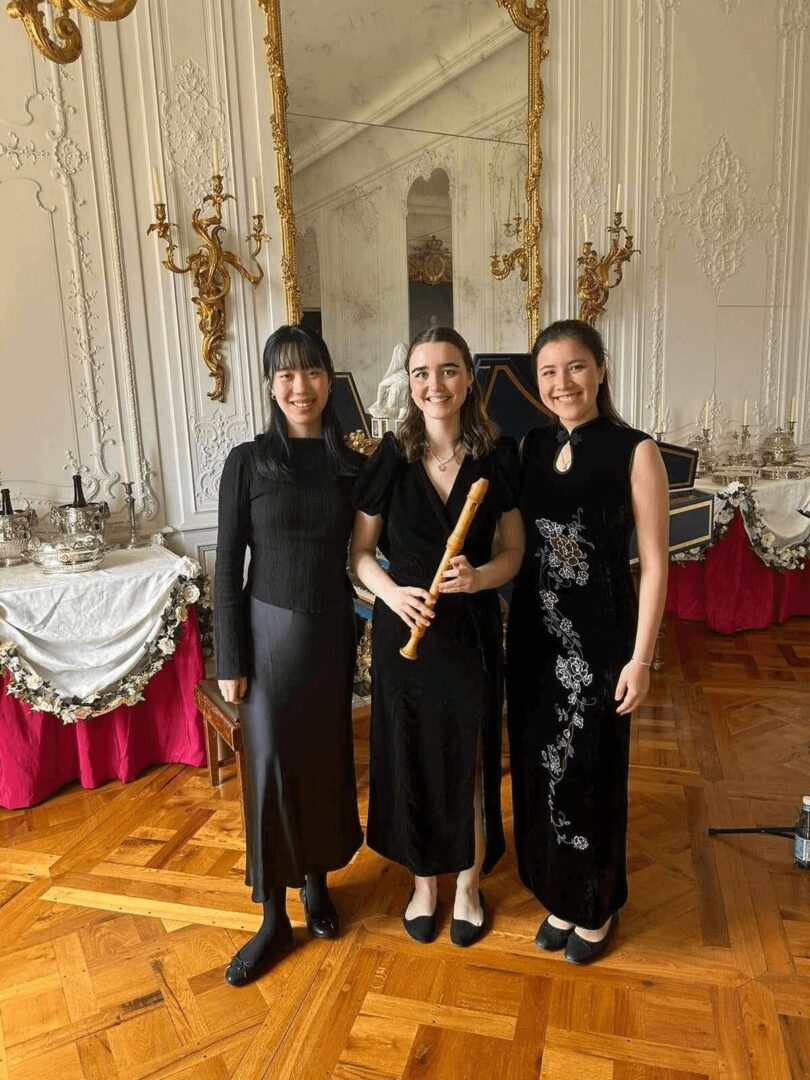
Looking back, what do you think were the three qualities, skills, or areas of knowledge that were most impactful in your journey? What advice do you have for folks who are early in their journey in terms of how they can best develop or improve on these?
You definitely have to be humble but confident, kind and flexible, learn to take things on the chin; if someone criticises you (and there will be a lot of criticisms and judgements), don’t let it affect you negatively, but rather learn from those comments. A very important skill to have is, of course, networking. Read the room and know when it is appropriate to plug your abilities into conversation. You have to find the right balance of showing that you know a lot about your craft and stepping back to be willing to learn from industry professionals. There’s nothing worse than having to work with someone who is full of themselves.
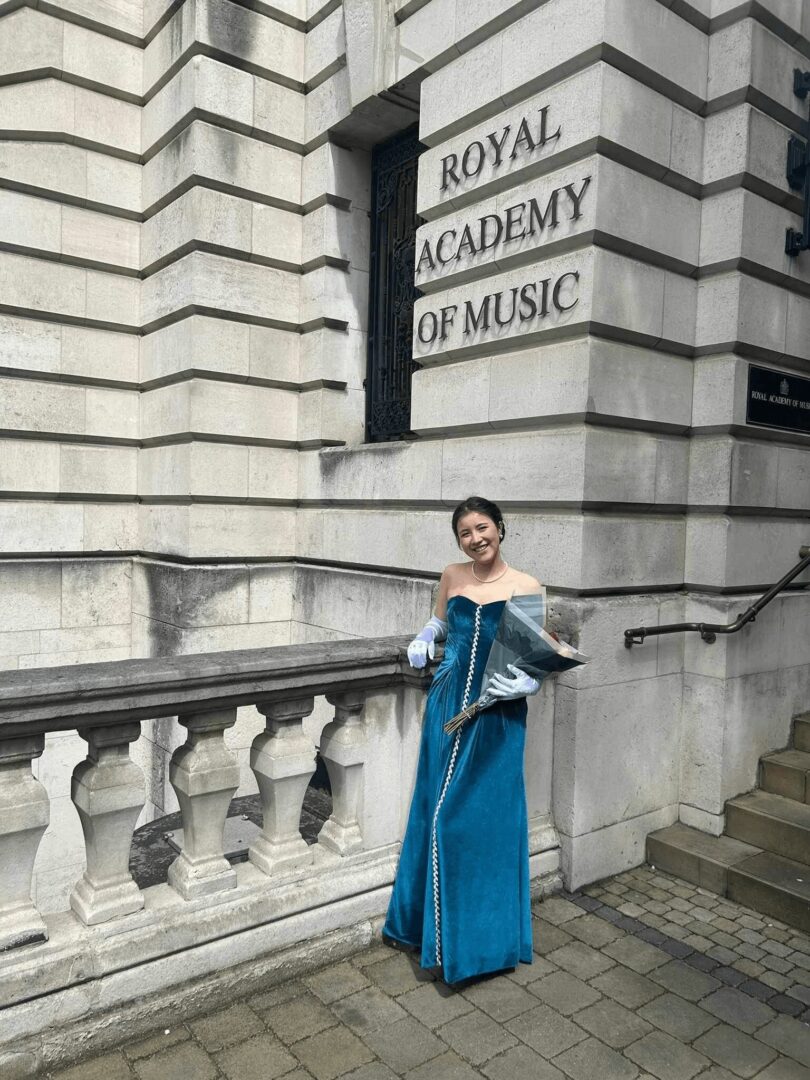
How would you spend the next decade if you somehow knew that it was your last?
I think a common challenge a lot of us are facing is being able to afford rent. Rent and food and travel. It’s definitely tough, there’s no doubt about that. I was speaking to a fellow musician, and found that the rate of certain jobs hasn’t changed in the past twenty years. Inflation sure has grown though! Due to this difficulty in having to actually afford life, most musicians have to find jobs outside of performing. Some leave the industry because it isn’t feasible for them to continue, others pick up shift work as it’s more flexible. A lot turn to teaching, like myself. This is more stable and is still music related and definitely helps pay the bills, not to mention can be really rewarding, too! Trying to find enough performing jobs is proving tricky, especially when half the opportunities posted are either unpaid or minimally paid. It’s tough out there!
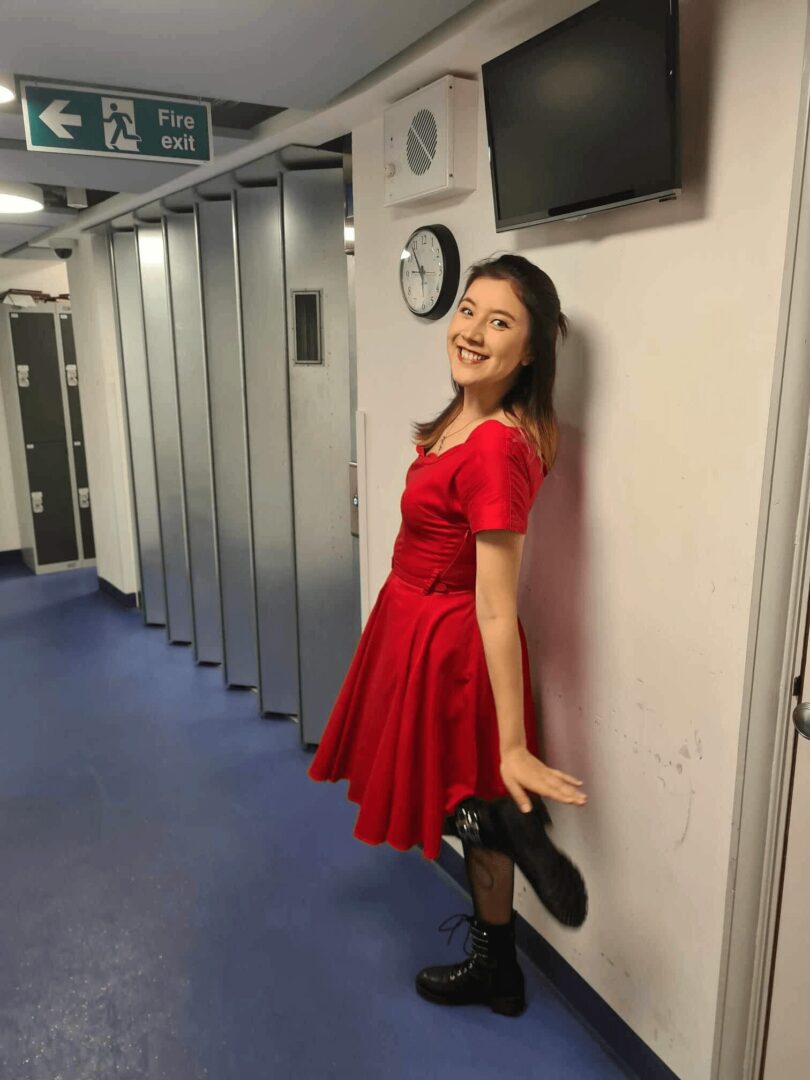
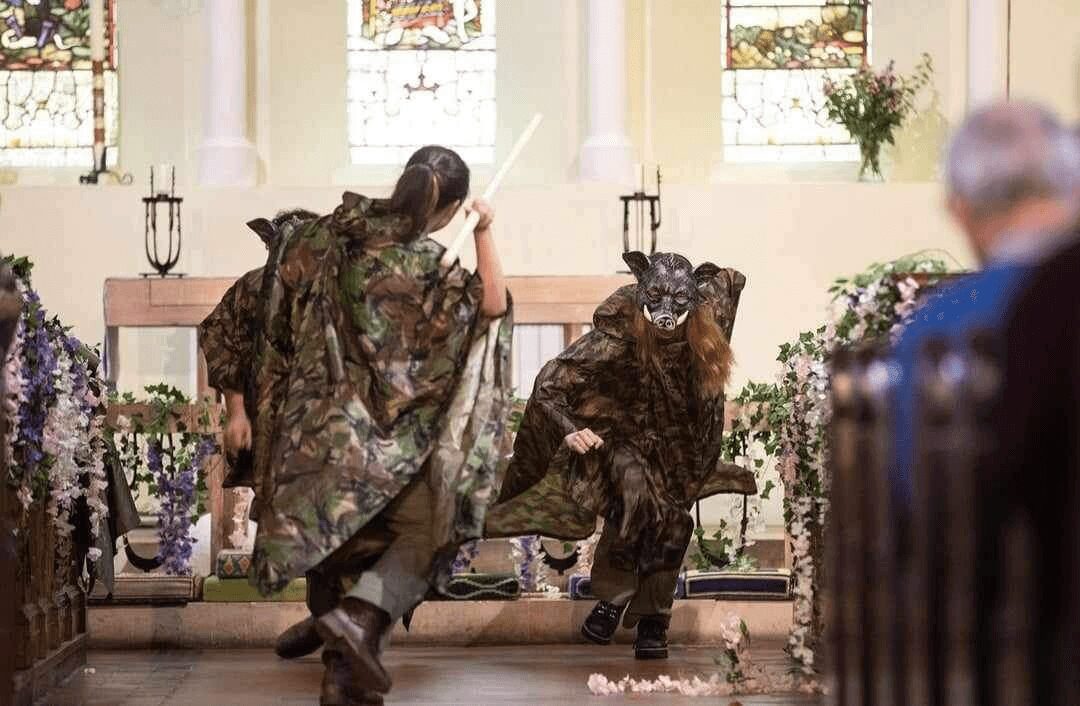
Image Credits
Image one is credited to Malcolm Smith
so if you or someone you know deserves recognition please let us know here.




